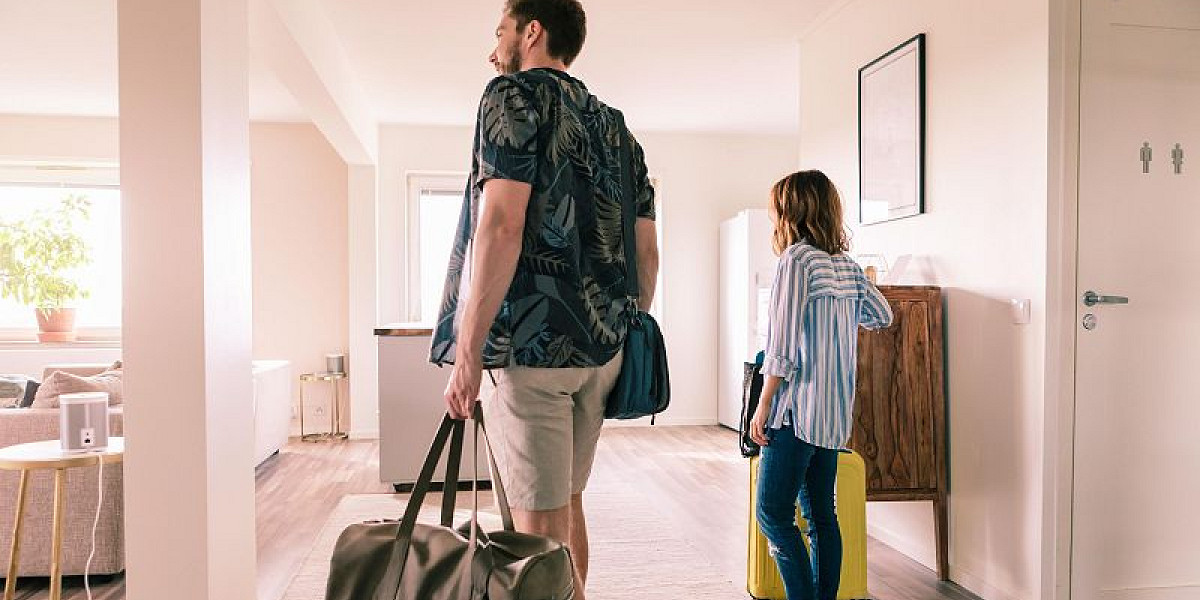No money involved, no clear tourism rules, and no defined tax obligations. Home swapping between private individuals—the so-called “home swap”—is gaining ground in Spain as an alternative to traditional holiday rentals, but it remains in a legal limbo where the tax authorities haven’t even begun to take a closer look.
Every summer, more people choose to leave their flat in exchange for spending a few days in someone else’s home. A flat in Torremolinos for a little house in Comillas, a week by the sea for one in the mountains. It can be arranged directly between individuals or through specialised websites. In the end, it’s a way to travel without paying for accommodation and without becoming a tourist landlord. Of course, as it grows, legal and tax questions begin to surface.
A formula with no tax criteria
José María Salcedo, a lawyer specialising in taxation, puts it plainly: no one has brought order to this yet. “I haven’t seen any administrative criteria on how it should be taxed. Nothing from the Directorate-General for Taxation, which usually sets the direction,” he says. “It’s a new figure and has been overlooked from a tax-audit perspective, because the first question is whether there’s actually any economic capacity.”
Although no money changes hands here, the swap isn’t exactly a free transfer. “These are onerous transactions; there is a consideration. You cannot stay in someone else’s home unless they stay in yours,” Salcedo explains.
The problem comes when you try to fit this kind of transaction into the tax forms. There is no direct income, but there is a benefit in kind (being able to use someone else’s home for a period), and this makes its treatment under personal income tax and other taxes much more complicated.
Hard to assess
The major issue is putting an economic value on this exchange. “It’s not easy to assess whether there’s actually income here, nor to determine the possible deductible expenses, which is what would ultimately be taxed under the personal income tax,” the lawyer notes.
And it’s also unclear what happens with other taxes, such as VAT or transfer tax. “It’s not clear what should be taxed or whether economic capacity exists (Article 31 of the Constitution). And if there is no economic capacity, there can be no tax.”
For now, the Tax Agency has neither regulated nor monitored these transactions. “At this moment, one could say that these swaps aren’t taxed because no one has stopped to think about how they should be taxed,” Salcedo concludes. “Besides, I assume the tax authority doesn’t expect to collect much from this.”
Outside tourist regulations
Home swapping doesn’t fall under the tourism regulations that govern holiday rentals, because there is no payment and no professional activity. So it is almost impossible to control, and for now it remains off the radar of the regional governments, which are in charge of tourism.
Unlike holiday rentals—where platforms must comply with registration requirements, tax identification and reporting to the authorities—home swapping is based on trust and reciprocity. Agreements are usually private between individuals or via websites that connect people, but without administrative involvement.
And in other countries?
Across Europe, the situation is similar. In France or the UK, it is seen as a private, nonprofit activity, and tax issues would only arise if there are clear payments or economic benefits. In the United States, some platforms recommend declaring the estimated value of the stay as a benefit in kind, although almost no one actually does.
So Spain is no exception: home swapping remains in that “grey area” ruled by trust, where the authorities hardly show up.
Between trust and legal limbo
Home swapping is becoming a sustainable and inexpensive option compared to traditional tourism. It allows people to travel more cheaply, make better use of existing resources, and promote more collaborative, lower-impact tourism. But its growing popularity leaves the administration with a dilemma: how to integrate into the system a model based on reciprocity without destroying the collaborative spirit that makes it appealing.
For now, home swapping remains in no man’s land: no income, no taxes, and no clear regulation, even as it continues to gain ground in Spanish holidaymaking.

